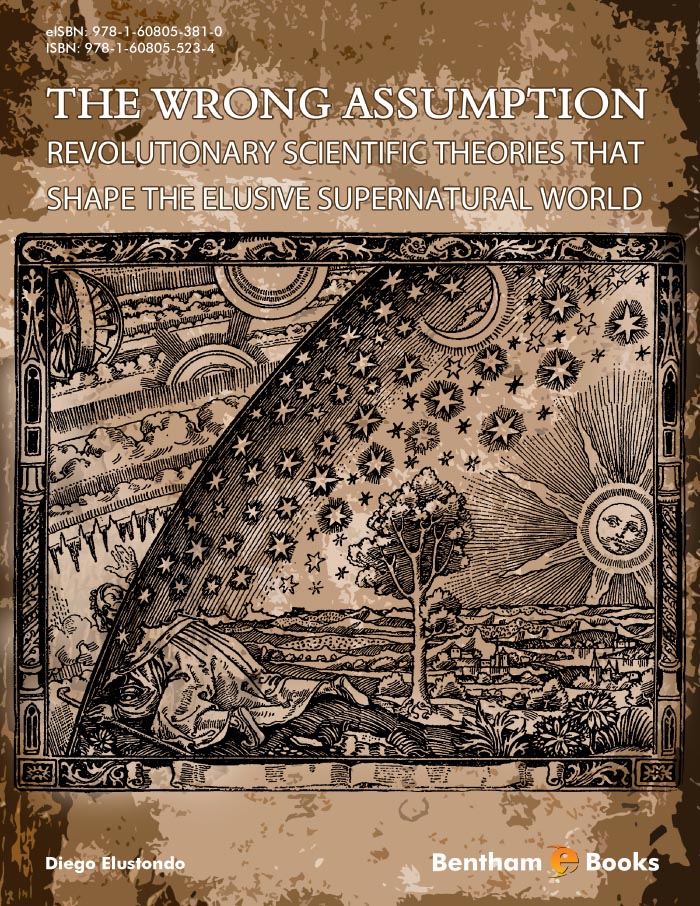Introduction
The Wrong Assumption: Revolutionary Scientific Theories That Shape the Elusive Supernatural World provides a scientific approach to philosophical thinking and encourages readers to explore their spiritual beliefs. By using simple language and honest scientific rigor, this e-book illuminates fascinating and revolutionary scientific theories that provide physical shape to the otherwise elusive concept of the supernatural world. Readers are exposed to a large variety of scientific theories that justify the existence of spiritual beliefs. Unlike other similar books that explore the connection between science and religion, this e-book refrains from manipulating science to fit a particular dogma; rather, it highlights scientific concepts remarkably similar to those ideas traditionally associated with spiritual beliefs. This e-book condenses the scientific knowledge that is currently dispersed throughout many books into a reader friendly volume.

